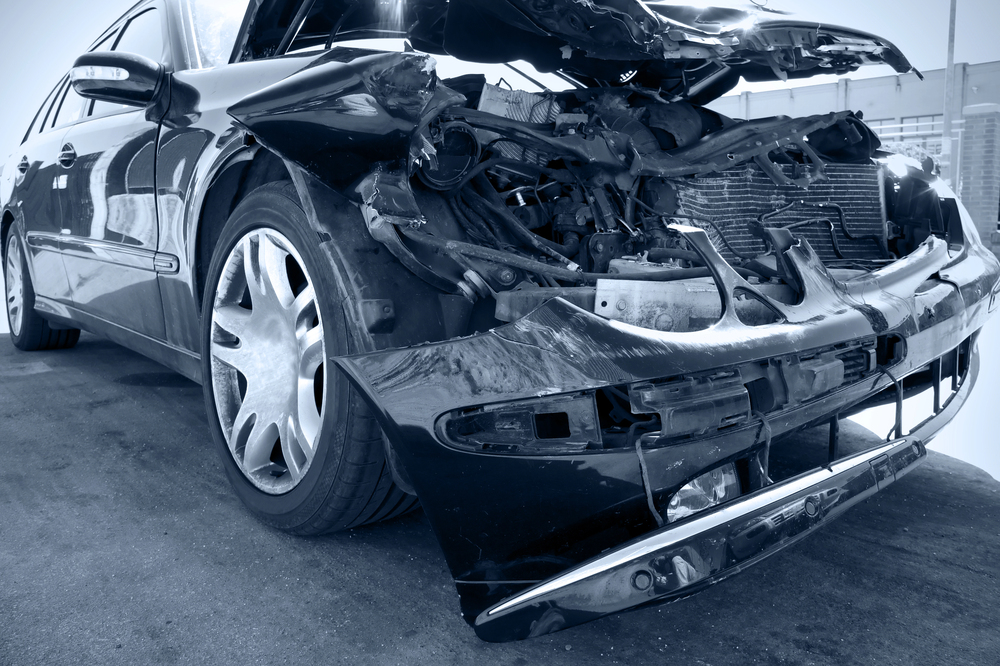Will Brexit Impact the U.S. Classic Cars Insurance Market?

By: Jacquelyn Connelly
The belle of the ball at this summer’s Pebble Beach classic car auctions was a blue 1955 Jaguar D-Type Roadster, which sold for a whopping $21,780,000.
But besides a few superstars in the super-rare segment, overall sales at the classic car auctions in Pebble Beach and Monterey last month declined 13% since last year—the biggest year-over-year drop since 2003, according to Hagerty.
And in classic car insurance, “Pebble Beach typically sets the tone for what at least the next six calendar months are going to be,” says Jeff Walker, team leader and senior collector vehicle insurance specialist at Chubb. “The cost to insure the vehicle is obviously directly correlated to value. Every time there’s an auction, every time a Porsche value goes up 10%, astute collectors are going to call and increase the value on their insurance policies.”
So what does a lukewarm auction season mean for classic car values over the next year—and, by extension, insurance prices for your classic car clients?
“There are always exceptions to the rule on rare cars and vintage racing cars,” cautions Rick Drewry, senior claims specialist, collector cars and motorcycles at American Modern Insurance Group. But over the next year, “we expect to continue to see the documented ‘all-original’ muscle cars go up in value. We anticipate that the ‘resto-mod’ and ‘customs’ will hold their own and sell for high prices as long as quality, craftsmanship and style are there. On the other end of the spectrum, we expect to see a continued decrease in value of the 1949 and older cars that are in stock form.”
On the whole, Jim Kruse, director of Condon Skelly Collector Car Insurance, anticipates fairly stable rates. “The soft market on the commercial side is hitting the very high-end collectors,” he says. “Pricing there has been steadily dropping for a while. As more and more companies have launched their private client group businesses, the collector car for those folks, it’s a loss leader. But your average classic car owner won’t see any change at all.”
That is, unless they’re purchasing a vehicle overseas—which complicates their insurance needs. In the wake of Brexit, “the British pound is down about 10% compared to our dollar, and they keep saying that’s going to drop further,” says Kruse, pictured above left with a prominent Belgian collector at the 2016 Paris Retromobile. The vehicle is a 1957 Ferrari
335 S, which sold for a European record of $35.6 million.
Drewry says the number of European buyers in the U.S. collector car market “could be limited by instability in the European economy.” Ironically, however, the 2008 economic recession marked an increase in European buyers in the U.S. because “investing in collector cars was used as a way to balance the overall portfolio,” he adds.
But if European economic instability leads to more U.S. clients buying cars in Europe and bringing them back stateside, “brokers might be seeing questions from their clients like, ‘I just bought a car in Great Britain, what do I do?’” Kruse predicts. “That’s going to be something that most of them have never been prepared to answer.”
Walker reminds agents that most classic car insurance policies purchased in the U.S. do not provide long-term worldwide coverage. “Typically, if a vehicle is purchased overseas, a company like Chubb will work with the client to make sure appropriate coverage is put in place for those vehicles while overseas and while in transit,” he says. “Fully understanding the policy limitations and what options are available is critical when dealing internationally.”
International transactions could create marine exposures from a transport perspective, “and then they’re going to have to get coverage before they can even get it released from the port once they get it here,” Kruse explains. For example, clients may ask for a shipping company recommendation, and most transport companies offer ocean marine coverage for purchase at the time of shipping a client’s new vehicle.
Regardless, insuring to value will always be the greatest challenge in this passion niche. “It’s hard sometimes to really hone in on the precise value of a particular classic car,” Walker says. “Having those conversations with clients about years of ownership, family history, racing history, celebrity ownership—all those things help value. At the end of the day, a collector car in disrepair is still a car in disrepair.”
Is it ever appropriate to insure a classic car with a personal auto policy? Keep an eye on IAmagazine.com and upcoming editions of the Markets Pulse e-newsletter to find out.
Jacquelyn Connelly is IA senior editor.










